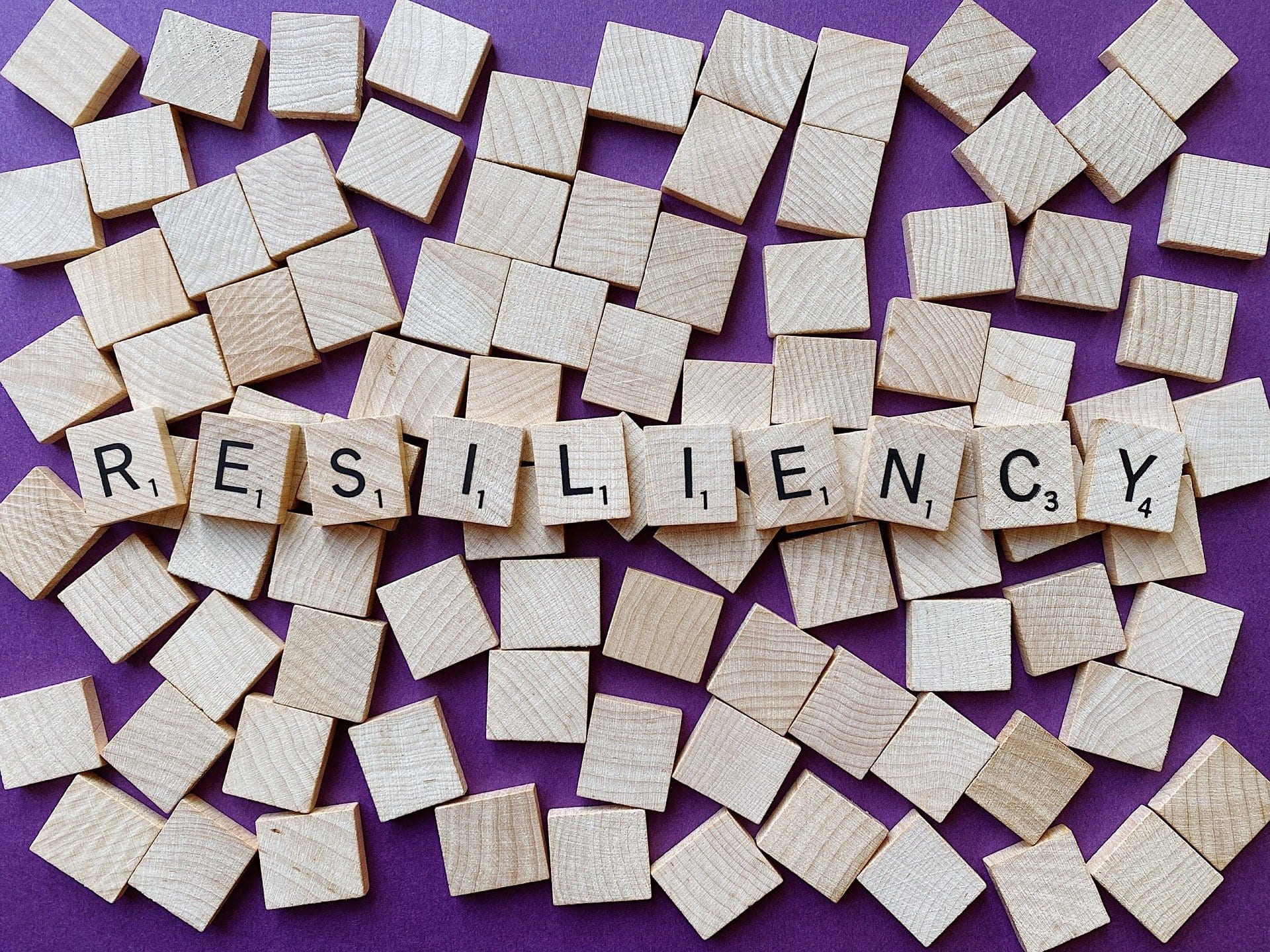By Barbara O’Neill, Ph.D., CFP®, AFC® [email protected].
The words “resilience” and “resiliency” have been used frequently since the COVID-19 pandemic began. Children, families, communities, and the nation as a whole have all been described as resilient: having the ability to function well and maintain a positive outlook despite experiencing highly stressful events. In everyday language, resiliency is the ability to quickly recover and carry on despite life’s setbacks.
Financial resilience is the ability to withstand life events that impact one’s finances, such as income and/or assets. Some financially stressful events, such as unemployment, divorce, disability, and health problems affect people individually. Others, such as plant closings, military drawdowns, recessions, stock market downturns, and acts of terrorism, affect large groups of people or society as a whole.
Financial resiliency is enhanced with financial resources, such as savings, health insurance, and a good-paying job. Avoiding “underlying conditions,” such as high debt, overspending, and costly chronic illnesses also increase resilience. Another resource for financial resiliency is one’s human capital, which economists define as all of the knowledge, skills, experiences, and other personal qualities that people have to “sell” to potential employers. Personal characteristics such as optimism and organization are also resiliency resources.
Social capital also increases financial resiliency. This includes a support system of family, friends, co-workers, neighbors, and others who can provide financial assistance, not to mention emotional support, during hard times. Another social resource is government and non-profit agencies that can provide assistance.
OneOp Personal Finance team provided a webinar Building Financial Resilience: 20 Resources for Financial Peace of Mind to provide information about resilience, resilience research, and various resiliency resources.
Here are six specific tips about building financial resiliency that Personal Finance Managers can share with clients:
- Less (Debt) is More
Maintain a low debt-to-income ratio. Monthly consumer debt payments (e.g., credit card and car loan payments) should be 15% or less of monthly take-home pay. Example: $275 of consumer debt divided by $2,500 of net pay equals a consumer debt-to-income ratio of 11% (275 divided by 2,500). - Emergency Cash is King
Maintain an emergency fund of at least three month’s expenses in the event of unemployment or an unexpected “big ticket” expense (e.g., car repairs). Keep this money liquid in cash equivalent assets such as a credit union, money market mutual fund, or short-term CD. - Human Capital Has Value
Never consider your education or job training done. Continue to develop new marketable skills to increase human capital and remain employable in today’s competitive labor market. Action steps include post-secondary education, certification programs, webinars, and good health habits. - Adequate Insurance is Important
Purchase life insurance to protect dependents against the loss of a deceased breadwinner’s income, disability insurance to provide continued income following an accident or illness, health insurance to cover medical expenses, and property coverage for a house or apartment and car. - Wills Provide a Way
Draft three key legal documents to lessen confusion and stress for your survivors: a will to distribute assets (vs. a “one size fits all” state formula), a living will stipulating end-of-life health care decisions, and a durable power of attorney to appoint an agent to represent you if incapacitated. - Sometimes People Need Help
Visit 211.org or call 211 to learn about resources provided by local government and non-profit agencies. Two resiliency resources include internet search skills to locate information as needed and literacy skills to be able to comprehend basic health and financial terminology.
Additional Resources
Building Financial Resilience: 20 Resources for Financial Peace of Mind
MoneyTalk: Finding Resiliency When Life Seems Out of Control
Image by Wokandapix from Pixabay













